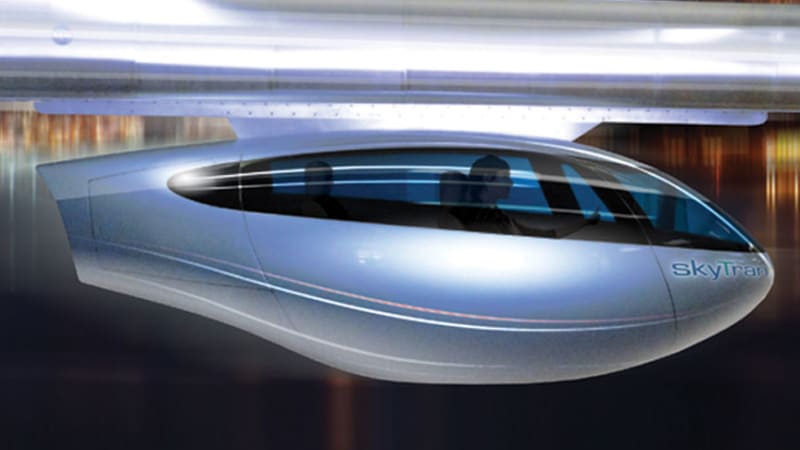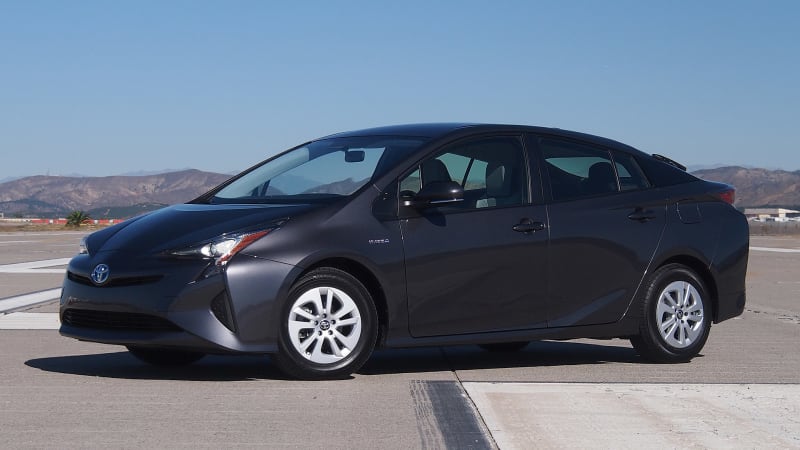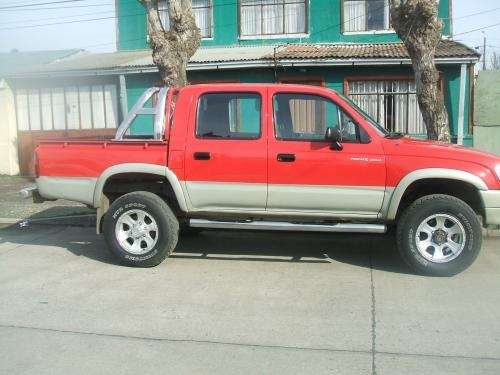Recharge Wrap-up: Minnesota first to require biodiesel, maglev in Israel, Toyota FCV in Aspen

A new Minnesota law that requires biodiesel blends goes into effect in just a few days, says KELO. Diesel drivers in Minnesota will be pumping soybeans into their tank beginning July 1. Every year, diesel will be sold as a B10 blend (ten percent biofuel) from April through August, and will scale back to a cold-hardy B5 blend from September through March. The biofuel largely comes from soybean crops grown within Minnesota, and the biodiesel industry pumps more than $900 million into the state economy every year. According to the National Biodiesel Board, using the B10 and B5 blends will reduce greenhouse gas emissions by 1,342,000,000 pounds every year. Minnesota is the first state to require diesel to be sold as a biofuel blend.
In Japan, Isuzu Motors and Japanese biotech venture Euglena are teaming up to create biodiesel using algae, according to Bloomberg Businessweek. The goal is to create a new type of fuel that doesn't need to be mixed with light oil to be used in engines. "As long as we use light oil for diesel engines, emissions of carbon dioxide are inevitable," says Isuzu president Susumu Hosoi. Euglena has also been using algae to develop jet fuel with airline operator ANA Holdings. Isuzu and Euglena hope to have the new biodiesel developed by 2018.
Aerial maglev transportation is coming to the campus of a defense contractor in Tel Aviv, Israel, Wired reports. The SkyTran personal rapid transit system uses small pods on an elevated magnetic track to move people from place to place. The pilot program will see SkyTran come to the corporate campus of Israel Aerospace Industries as soon as next year. The pods are hailed by phone, and carry passengers along the magnetic rail system at speeds of up to 44 miles per hour. The passive magnetic system levitates the pod attachment a centimeter above the rails, while a burst of electricity propels the pod forward. If the test at the campus goes well, SkyTran could spread to Tel Aviv at large, moving up to 12,000 people per track per hour with top speeds of 150 mph.
The pre-production prototype of the Toyota FCV will make its North American debut at the 2014 Aspen Ideas Festival on Friday, June 27. The hydrogen car's finished exterior was revealed in Japan on Wednesday along with its nearly $70,000 price tag. It will go on sale in Japan by April of next year, and will come to Europe and California in the summer of 2015. According to Toyota, the FCV will have a range of about 300 miles, and can refuel in three to five minutes. Toyota promises that Californians will be able to find places to fill up, too, and has announced a plan to build and maintain hydrogen stations across the state. Toyota USA's Bob Carter says, "Stay tuned, because this infrastructure thing is going to happen." Featured GallerySkyTran Related GalleryToyota FCV Reveal
Source






